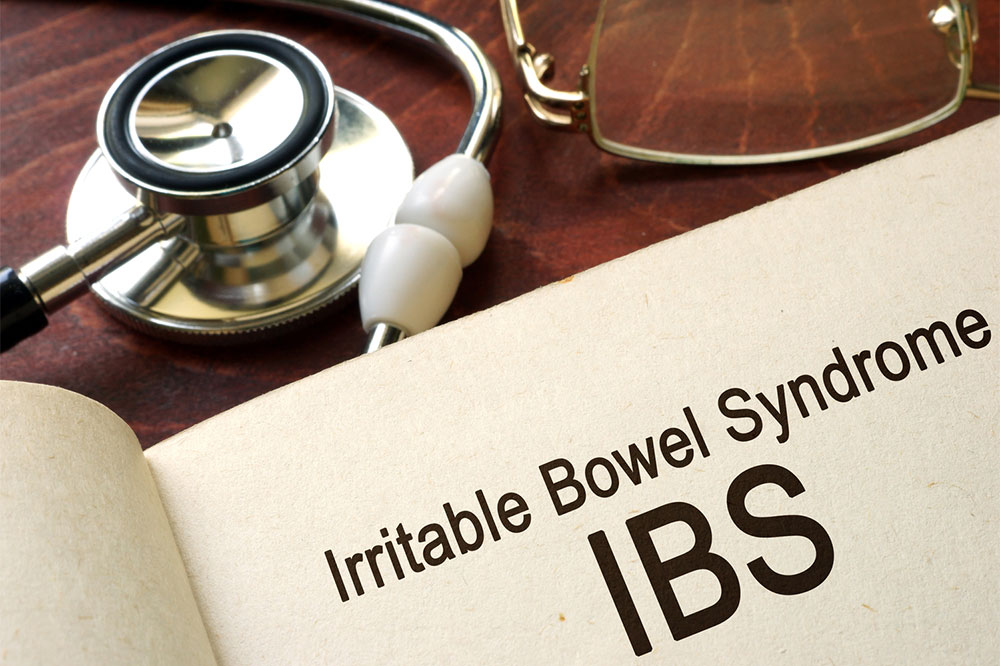Exploring IBS: Causes, Symptoms, and Management Strategies
This article provides an in-depth overview of irritable bowel syndrome (IBS), highlighting its symptoms, causes, and effective management tips. Learn how to identify IBS-related abdominal pain, differentiate it from other conditions, and adopt lifestyle strategies like diet and exercise to alleviate discomfort. Prompt consultation with healthcare providers is advised for persistent symptoms to ensure proper diagnosis and treatment.

Exploring IBS: Causes, Symptoms, and Management Strategies
Irritable bowel syndrome (IBS) is a common gastrointestinal condition marked by recurring discomfort and changes in bowel habits. It primarily affects the digestive tract and manifests through symptoms such as cramping, bloating, excessive gas, and irregular bowel movements like constipation or diarrhea. If these symptoms persist or worsen, it’s important to consult a healthcare provider for proper diagnosis and treatment.
Understanding Abdominal Pain in IBS
The stomach pain linked to IBS differs from usual stomach aches. It can present as sharp sensations, spasms, or cramping and is often associated with heightened intestinal sensitivity. The discomfort can occur intermittently or be constant.
Where and How Pain Manifests:
Pain from IBS can be felt anywhere within the abdomen.
Lower abdominal pain often eases after bowel movements.
Upper abdominal discomfort usually accompanies bloating and gas.
Cramps tend to originate in the midsection of the abdomen.
Strategies for Managing IBS-Related Pain:
Persistent diarrhea or constipation episodes can lead to abdominal discomfort. Bloating may likewise generate pressure and soreness. Additional digestive issues, including indigestion, can amplify symptoms and pain.
Addressing and treating digestive irregularities can help lessen pain.
Regulating bowel habits through diet and lifestyle adjustments may reduce discomfort.
Identifying and removing food triggers, such as gluten, may be beneficial for those with sensitivities.
Adopting a high-fiber diet with whole grains, fruits, vegetables, and legumes while avoiding fried and processed foods helps manage symptoms. Adequate hydration is crucial.
Regular physical activity and stress reduction techniques can significantly improve IBS symptoms.
If chronic pain persists, consult a healthcare professional for tailored treatment plans, as ongoing discomfort might indicate other underlying health issues.


